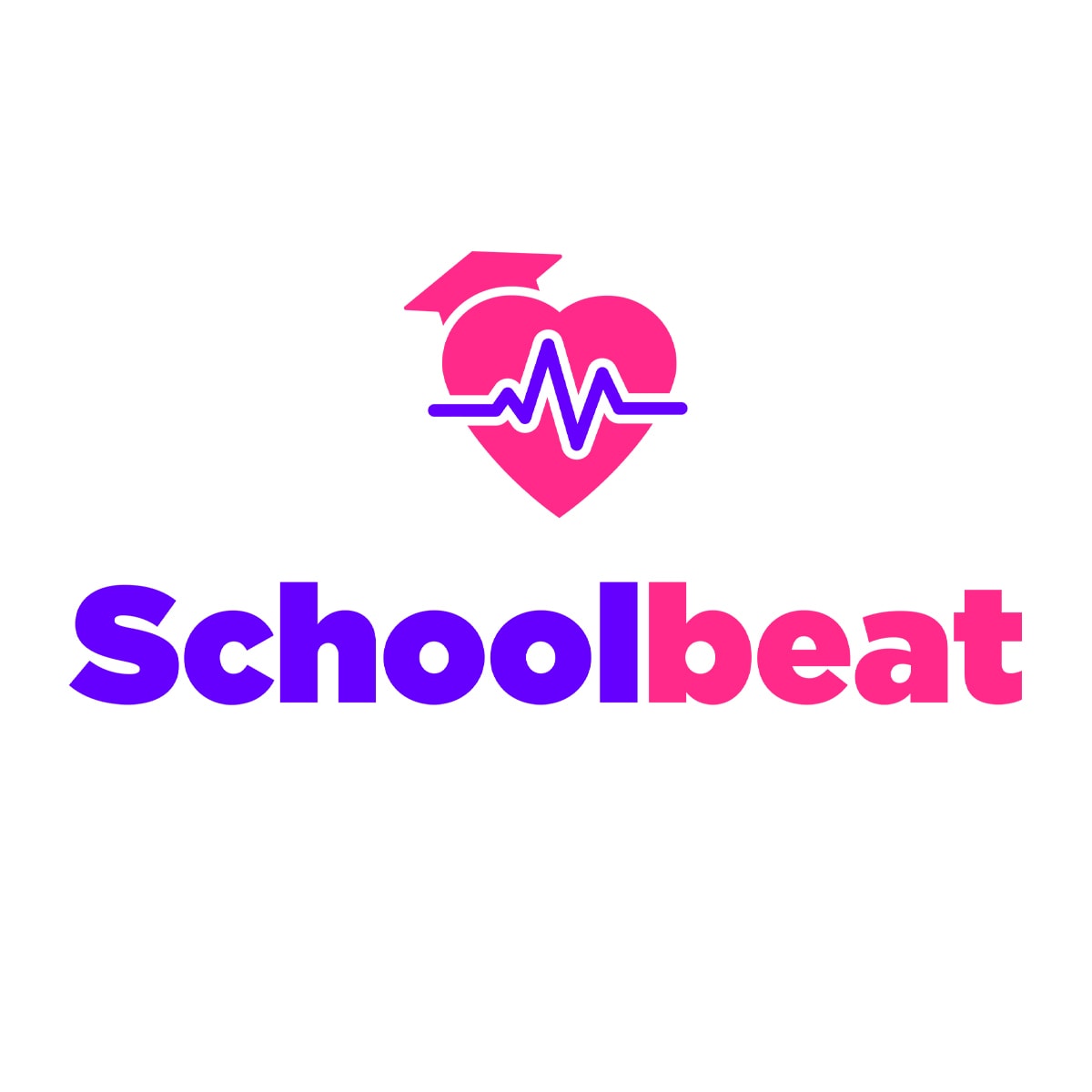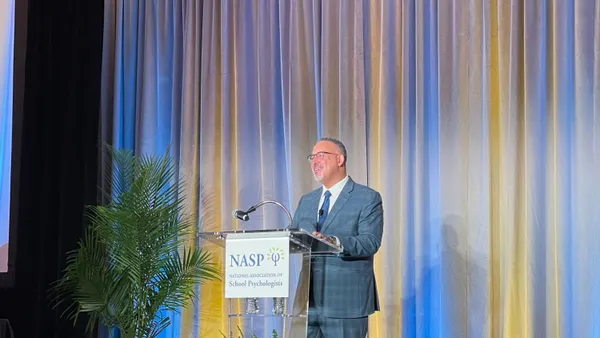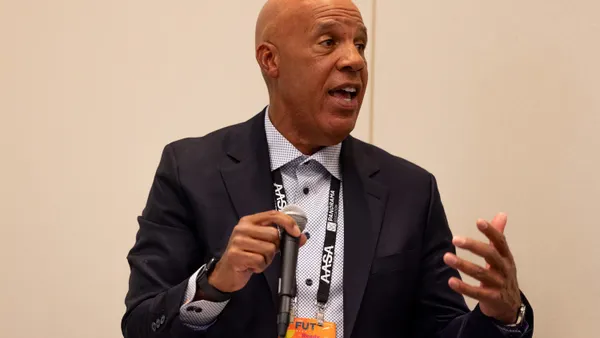Most clicked story of the week:
The “One Big, Beautiful Bill” signed into law by President Donald Trump on July 4 includes a Republican-led national private school choice provision — creating the first federally funded program of its kind. We examined what the program entails, stakeholder reactions and what happens next.
Federal policy shifts abound:
- The Trump administration on Thursday scaled back access to a number of federal programs based on immigration status — including education-related programs like Head Start, tuition for dual enrollment, adult education, and career and technical education training programs. The multi-agency effort follows through on Trump’s executive order, “Ending Taxpayer Subsidization of Open Borders,” issued in February.
- The next U.S. Supreme Court term, starting this fall, could set nationwide policy on transgender athletic participation at public schools and colleges. The high court has accepted a pair of petitions from West Virginia and Idaho that could answer whether laws preventing transgender athletes from participating on teams aligning with their gender identities violate Title IX and the 14th Amendment’s equal protection clause, and whether laws preventing transgender female athletes violate the equal protection clause. A decision on the cases could settle a policy pingpong that has persisted over the course of the last three presidential administrations.
- The U.S. Department of Education’s Office for Civil Rights is dismissing public complaints at a pace that is alarming former OCR employees. From the time of the agency’s reduction in force on March 11 until June 27, OCR dismissed 3,424 complaints, according to court documents filed by Rachel Oglesby, chief of staff at the Education Department since January. By comparison, the office dismissed 2,527 cases in the three-month period between November 2024 and January 2025 under the Biden administration, according to Catherine Lhamon, who led OCR under the last presidency.
The changing face of learning:
- Over 400,000 teachers — about 1 in 10 — nationwide will receive free training to develop artificial intelligence fluency skills by 2030 through the National Academy for AI Instruction, a $23 million initiative announced Tuesday by the American Federation of Teachers, United Federation of Teachers, Microsoft, OpenAI and Anthropic. The academy’s flagship campus will launch this fall in New York City. The initiative is expected to scale nationally, with an initial focus on supporting AFT’s K-12 members before opening up to all educators.
- California’s Compton High School is debuting a new campus that utilizes “learning studios” that teachers share rather than having their own traditional classrooms. Each learning studio will be fully equipped with movable furniture, projection screens, assisted hearing devices, a Chromebook cart with 30-35 devices, and interactive display boards. While space limitations have typically been the reason for “floating teachers” in many schools nationwide, Compton High School’s learning studios stem from a $225 million effort to modernize the school and explore technological improvements, according to Principal Larry Natividad.
- An analysis of 11 high-quality U.S. studies finds that four-day school weeks are “probably not” beneficial for students, and evidence is lacking for large positive effects on student outcomes under the model. The findings were a mixed bag for rural schools, as the research by HEDCO Institute for Evidence-based Educational Practice at the University of Oregon found when these districts used four-day weeks, they saw decreases in K-8 math and reading achievement but increases in math scores and on-time graduation rates for high school students.






 Dive Awards
Dive Awards









